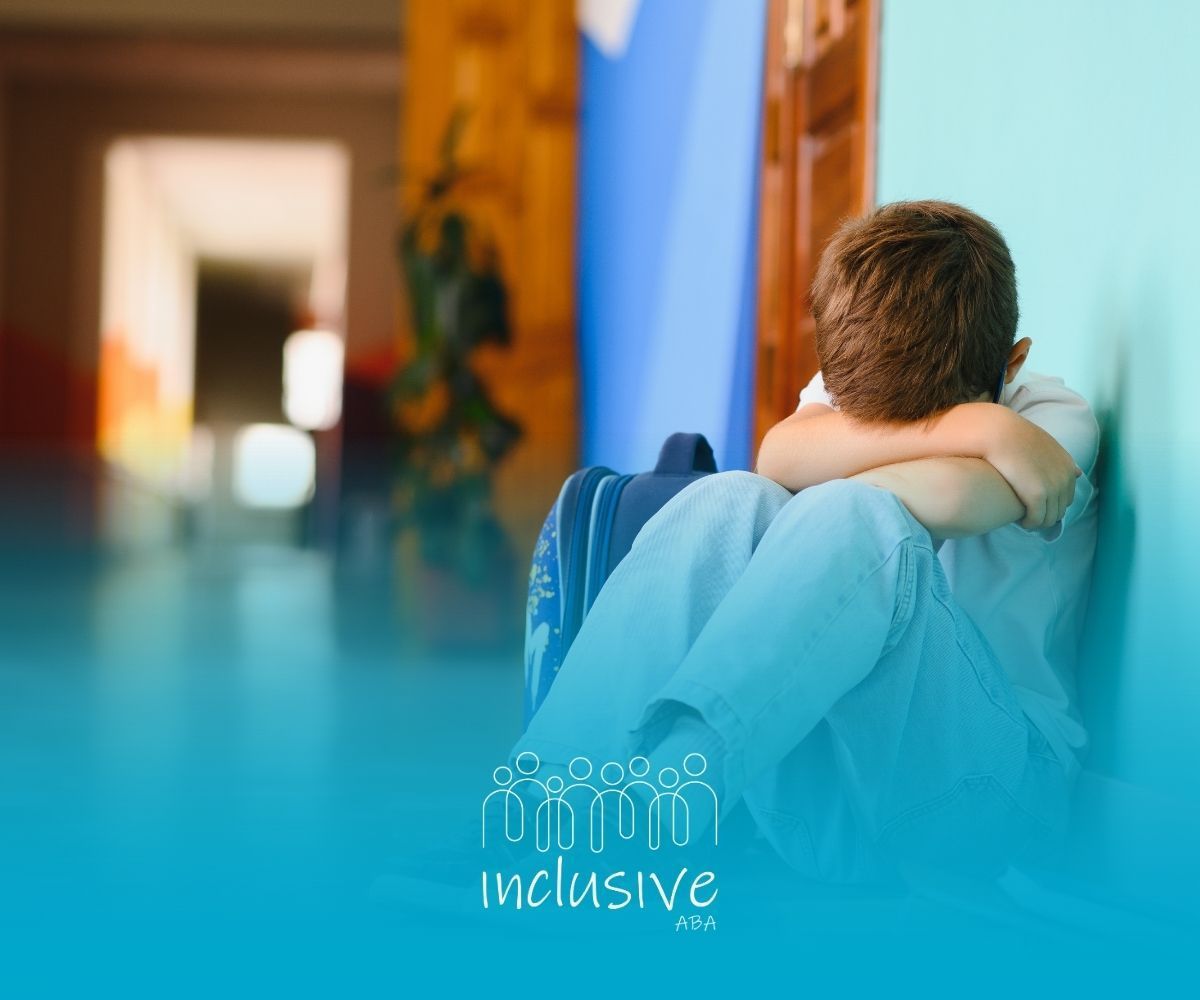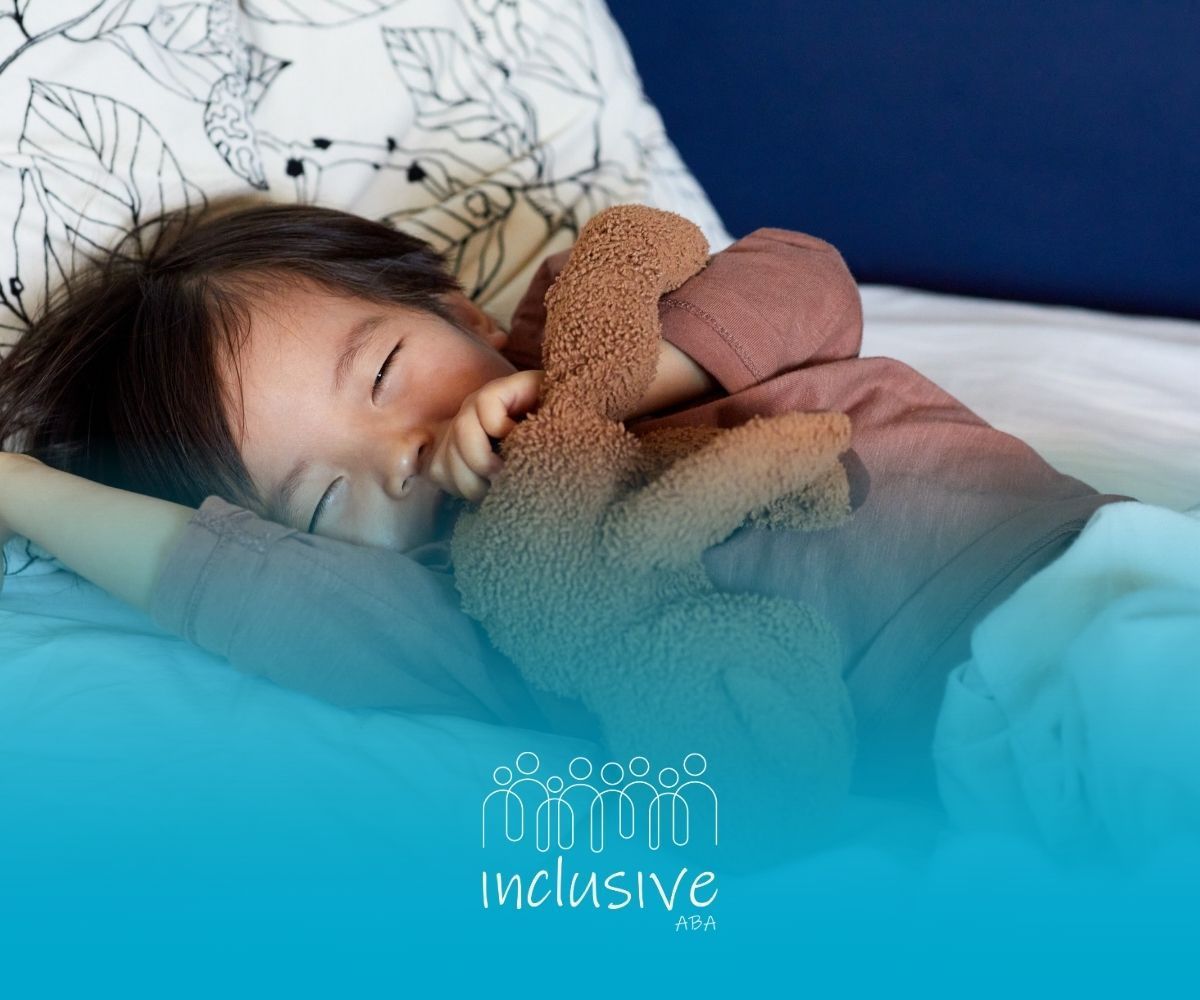How Music Helps Children With Autism
Music can be incredibly powerful for autistic children. It helps support communication, emotional regulation, sensory processing, and social skills — all in a fun and calming way. Many kids on the autism spectrum connect deeply with rhythm and melody, making music a meaningful tool for learning and growth.
How Music Supports Autistic Children
Music isn’t just background noise — it can play a big role in autism development and therapy. Whether through singing, playing instruments, or simply listening, music can support children with autism spectrum disorder (ASD) in important areas of learning and daily life.
1. Encourages Communication and Speech
Music offers a natural way for autistic kids to practice communication skills. Even if a child is nonverbal or uses limited speech, music creates opportunities to express themselves.
Music can help with:
- Vocal sounds and early speech
- Turn-taking and interaction
- Listening and attention skills
- Building language through repetitive songs
Rhythm and repetition in songs support language development and expressive communication in children with autism.
2. Supports Emotional Expression and Regulation
Autistic children sometimes struggle to express emotions verbally. Music gives them a safe, creative outlet to show joy, frustration, excitement, or calm.
Music can help:
- Identify and understand emotions
- Reduce stress and anxiety
- Prevent emotional overload and meltdowns
- Improve emotional regulation over time
Soft, calming music can also comfort kids during sensory overload or transitions.
3. Builds Social Skills in a Fun Way
Music naturally encourages connection. Group songs, music therapy sessions, and shared instruments give autistic children positive social experiences.
With music, kids can practice:
- Sharing and cooperation
- Eye contact in a relaxed environment
- Group participation
- Joint attention and engagement
Music-based play feels safe and enjoyable, which makes learning social skills less overwhelming.
4. Improves Motor Skills and Coordination
Music isn’t just for the ears — it can support movement too! Dancing, drumming, clapping, and playing instruments help develop motor skills, which is especially helpful for autistic children who struggle with coordination.
Music can support:
- Fine motor skills (finger movements, instrument play)
- Gross motor skills (dancing, marching, body movements)
- Hand-eye coordination
- Rhythm and timing
These activities build strength and confidence while keeping things fun and engaging.
5. Creates Routine and Structure
Many children with autism thrive on routine and predictability. Adding music to daily routines makes transitions smoother and helps kids follow schedules more easily.
Examples include:
- “Cleanup songs” for transitions
- Good-morning routines with music
- Sleep and calm-down playlists
- Music-based learning cues
Music transforms everyday routines into enjoyable, stress-free moments. It can be a powerful tool for autistic children — helping them build communication skills, express emotions, regulate sensory needs, and connect socially in a warm, joyful way.
Every child on the autism spectrum is unique, so explore different sounds, rhythms, and activities to find what makes them light up.
For families looking for additional support, Inclusive ABA provides compassionate, individualized ABA therapy services across multiple states, including Nevada, Nebraska, Colorado, Utah, Iowa, and Ohio.
Families can access warm, family-focused home-based ABA therapy, supportive school-based ABA therapy, and empowering ABA parent training to build confidence and skills at home and in school.
Want to combine proven autism support with a caring team? Contact Inclusive ABA to help your child thrive — one small step at a time.
FAQs
Can music therapy help autistic children communicate?
Yes — music can improve communication skills by encouraging vocalization, listening, and turn-taking. It’s especially helpful for nonverbal autistic children or kids developing early speech.
What kind of music helps children with autism?
Calming music, repetitive songs, rhythm-based activities, and simple melodies often work best for kids with autism. Every child is different, so try exploring instrumental music, kids’ songs, and sensory-friendly playlists.
Does music help with sensory sensitivities in autism?
For many children with autism, gentle and predictable music can reduce sensory overload, support emotional regulation, and promote relaxation during stressful moments.
Sources:
- https://pmc.ncbi.nlm.nih.gov/articles/PMC11260726/
- https://pmc.ncbi.nlm.nih.gov/articles/PMC6956617/
- https://journals.sagepub.com/doi/10.1177/03057356231193155
- https://www.nature.com/articles/s41398-018-0287-3
- https://www.sciencedirect.com/science/article/pii/S0891422225000265
Looking for Expert Help? We're Here for You!
Our compassionate and skilled team is devoted to enhancing your child's development through customized ABA therapy. Let us partner with you to create a supportive environment for your child's success.
Discover how we can help your family thrive with expert ABA therapy.
Related Posts







